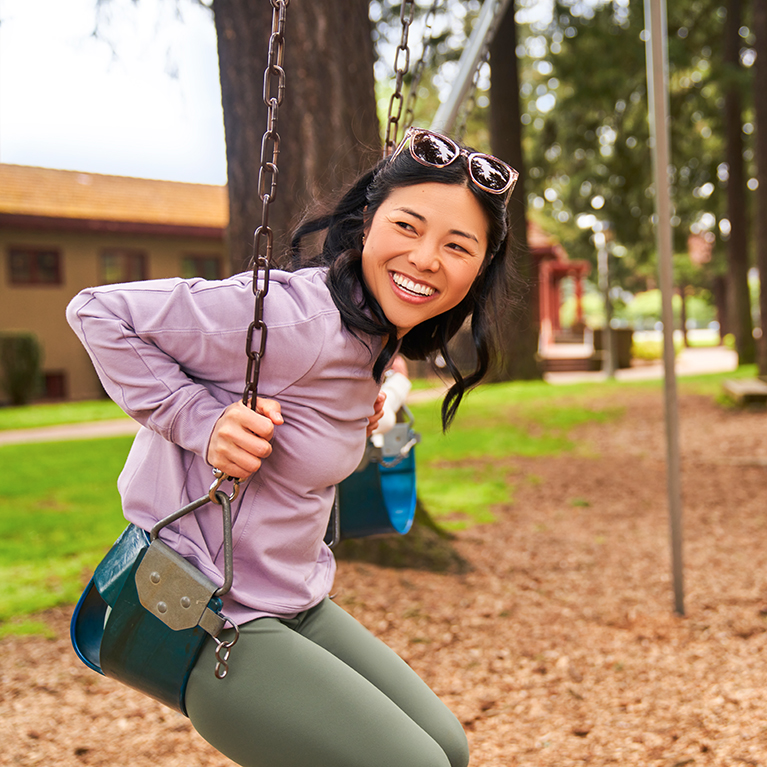Bone health: How to maintain strong bones at any age
November 8, 2022




When is the last time you thought about your bones? We all want to stay healthy as long as we can, and that means paying attention to every aspect of our health—bones and all.
You may not give them a second thought, but our bone structure changes over time due to lifestyle and, especially, the aging process. So it’s important to know how to help build and maintain healthy bones for the long run!
Whatever your age, there are a few simple steps you can take to help maintain strong bones. Here are some expert tips:
This is the decade when your bones achieve their peak strength. It’s the time to build a strong base through proper nutrition and daily exercise! At least a half hour of weight bearing exercise at least 4 days a week is recommended, supported by two or more days of strength training.
Avoid soda, excessive dieting and extreme exercise but do make sure you’re getting enough calcium each day. Pregnancy and breastfeeding are special considerations, as they sap calcium from the body. Make sure to talk to your doctor about getting enough calcium to compensate adequately during these times.
Once you reach your peak bone mass, it’s all downhill as you gradually begin losing it. Your bones are constantly being worn down and remade, and about every seven years you have “new” bone. Sometime in your 30s or 40s, however, not all the bone worn down is replaced.
This makes exercise and nutrition even more important to supporting bone health and minimizing bone loss. Nutrients are key to bone health, and muscles help preserve and strengthen the bones around them.
As women approach menopause, bone-building estrogen declines and the body absorbs less calcium from food. Talk with your doctor about a bone density test and blood test to check your vitamin D levels.
It’s estimated that postmenopausal women lose up to 3% of their bone mass every year. Make weight-bearing exercise (like walking and resistance training) a part of your daily routine and make sure you’re getting the recommended amount of vitamins and minerals that support bone health.
Calcium, magnesium, vitamin D and zinc all support your bone health (and can often be found in a combined supplement). Vitamin D is especially key because it helps your bones absorb calcium. Your body makes vitamin D when it is exposed to sunlight, but most people don’t get enough each day to make the amount of vitamin D the body needs.
A vitamin D supplement can help fill in that gap to support your bone health, especially one that targets calcium absorption. Nutrilite™ Vitamin D combines vitamins D3 and D2 with vitamin K2, which helps get calcium from your bloodstream into your bones for overall bone health support.†
So, in addition to paying attention to the expert tips above, make sure you’re eating a diet rich in bone-supporting nutrients. If you think you’re falling short, consider a supplement to ensure your bones are getting what they need. Click here to learn more about other Nutrilite products to support bone and joint health.
†This statement has not been evaluated by the Food and Drug Administration. This product is not intended to diagnose, treat, cure or prevent any disease
By selecting cancel, the new IBO must complete the rest of the registration process, including payment. You will not be able to return to the payment option.
The new IBO will receive an email with a link to complete the process